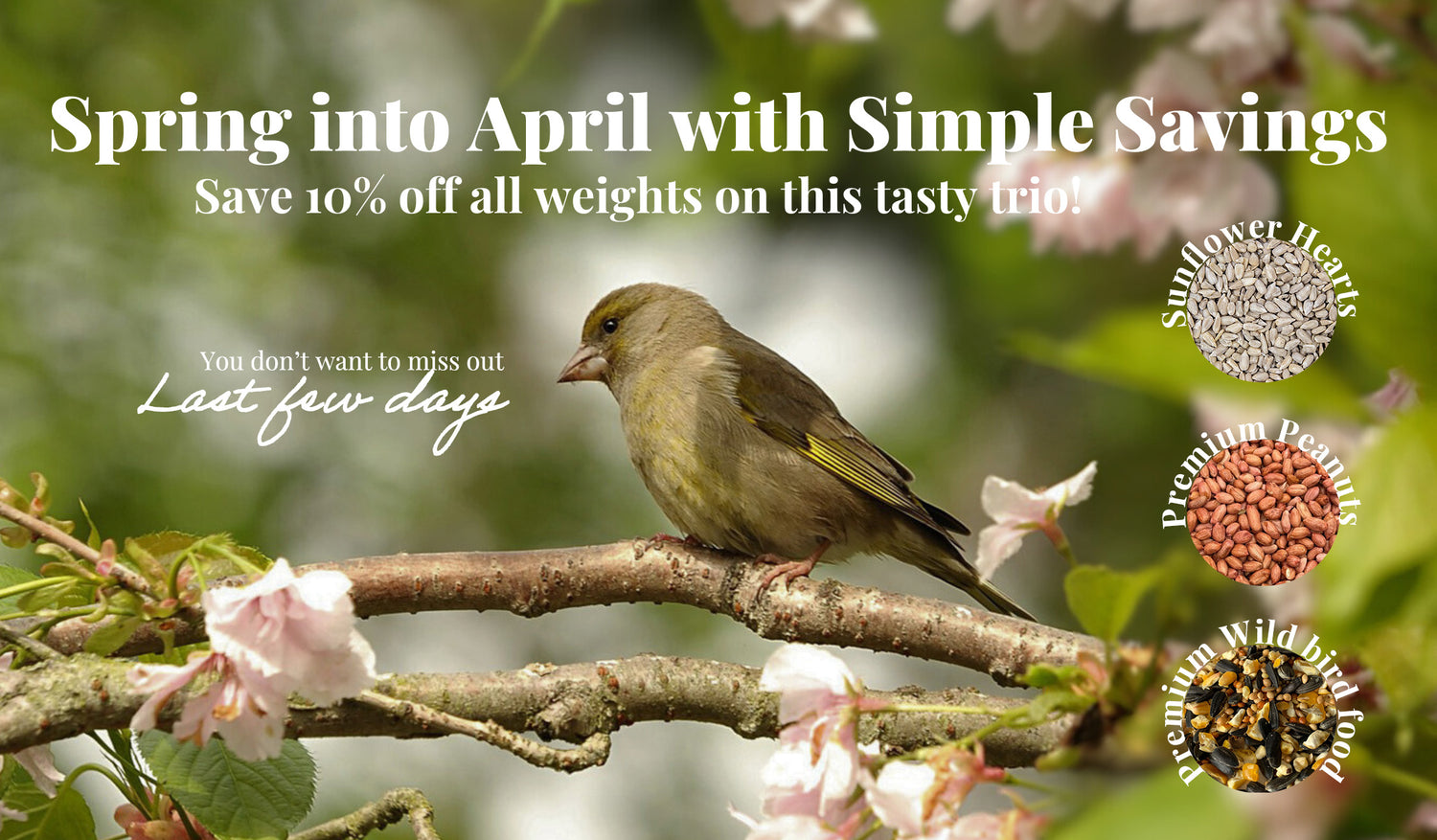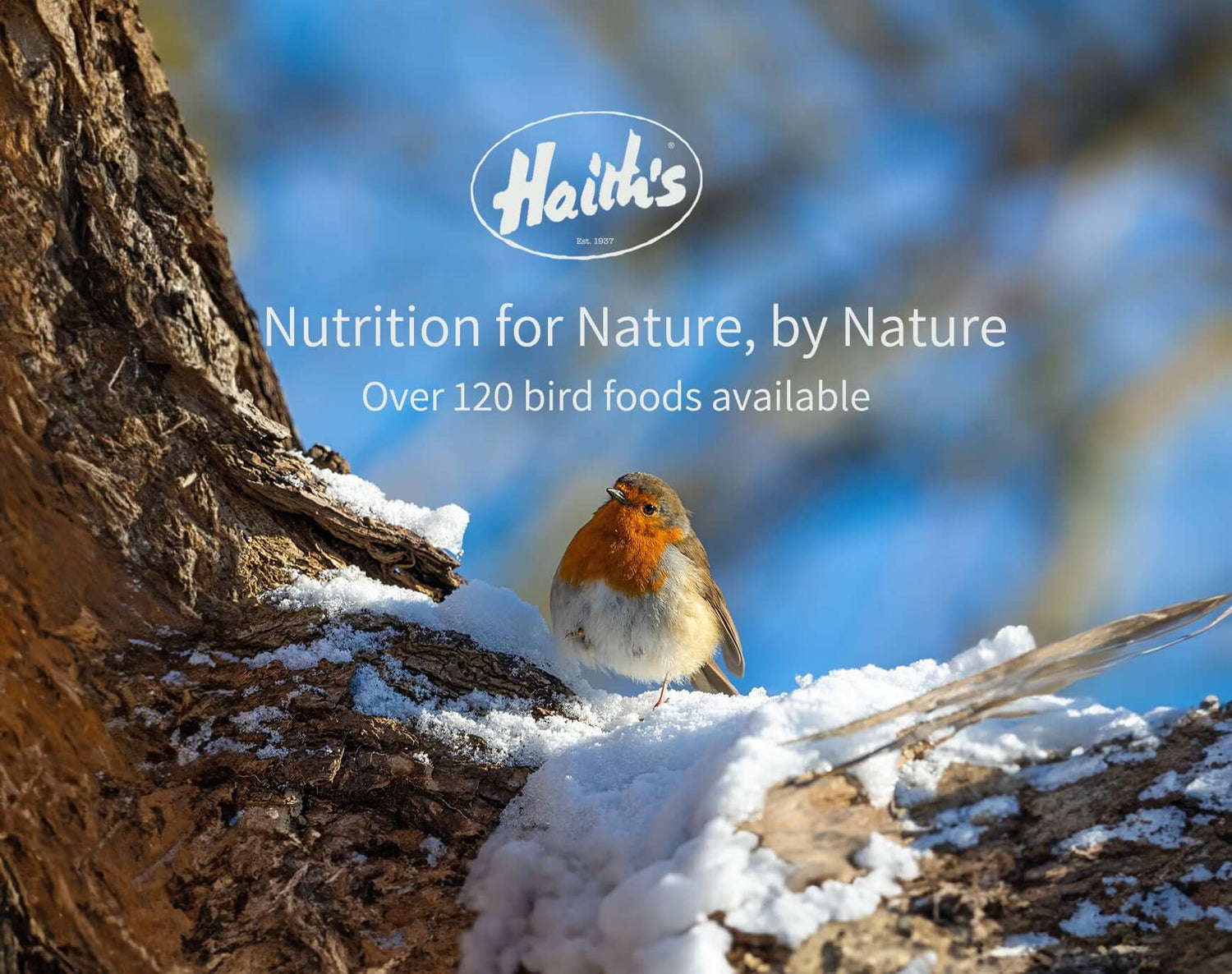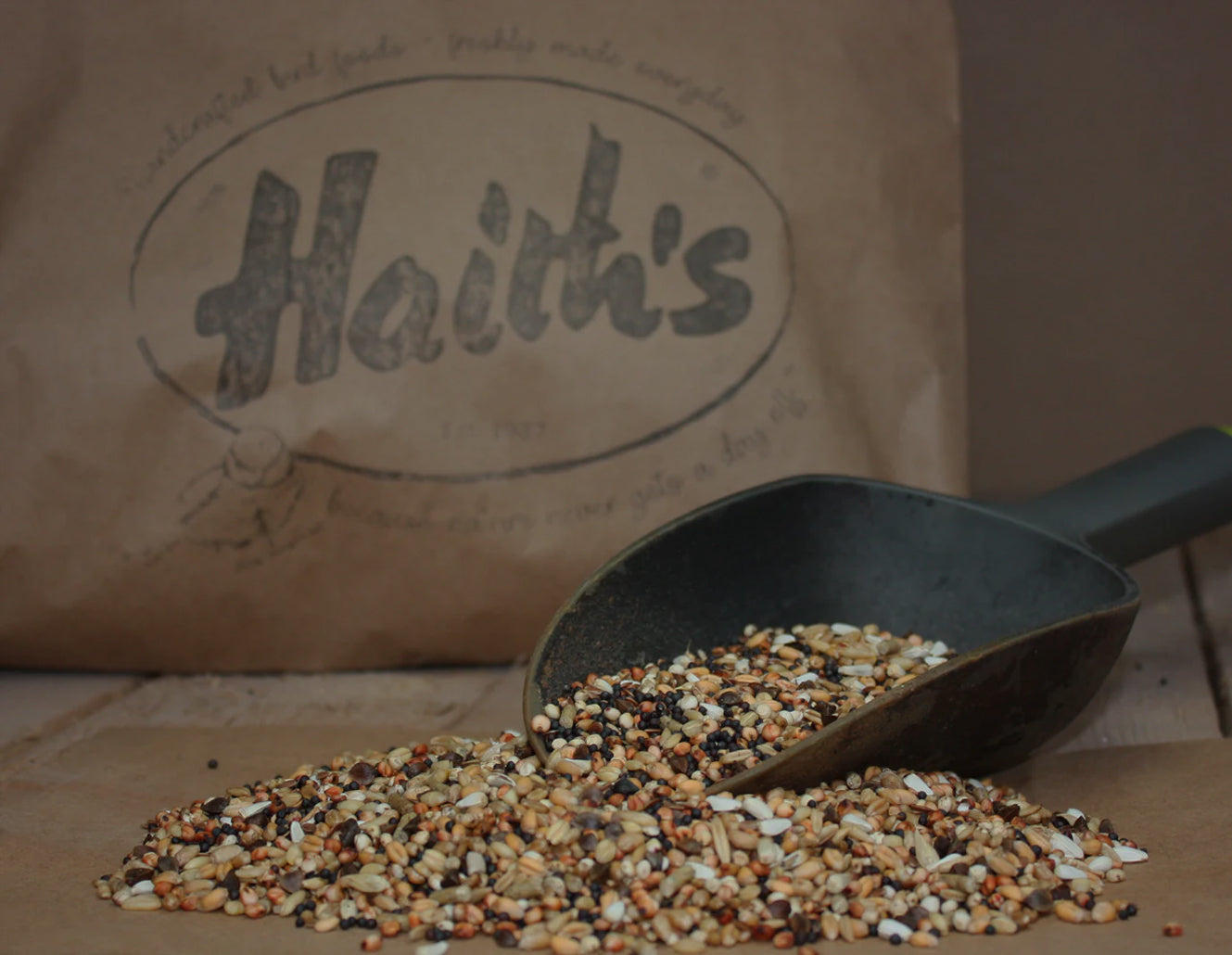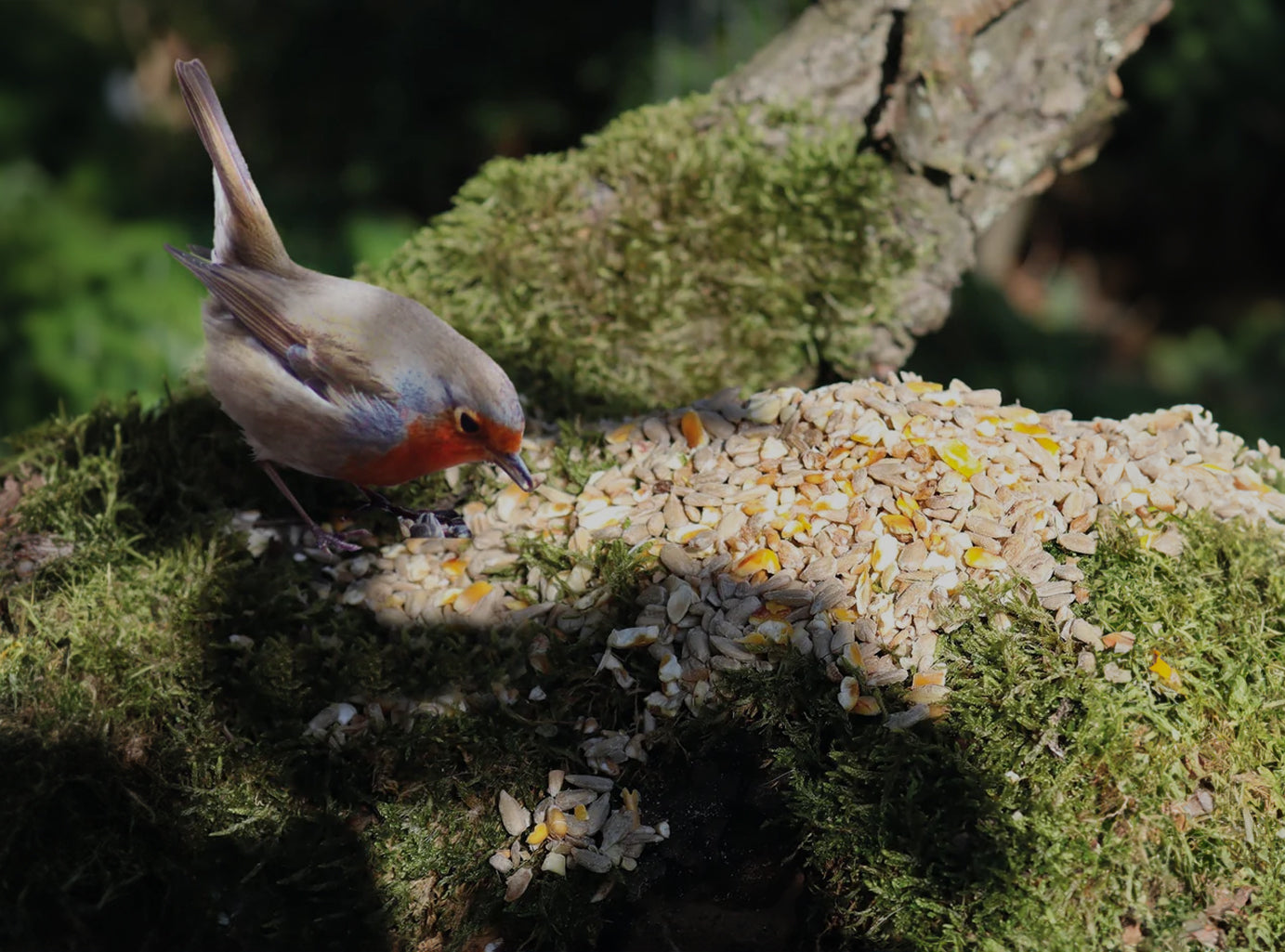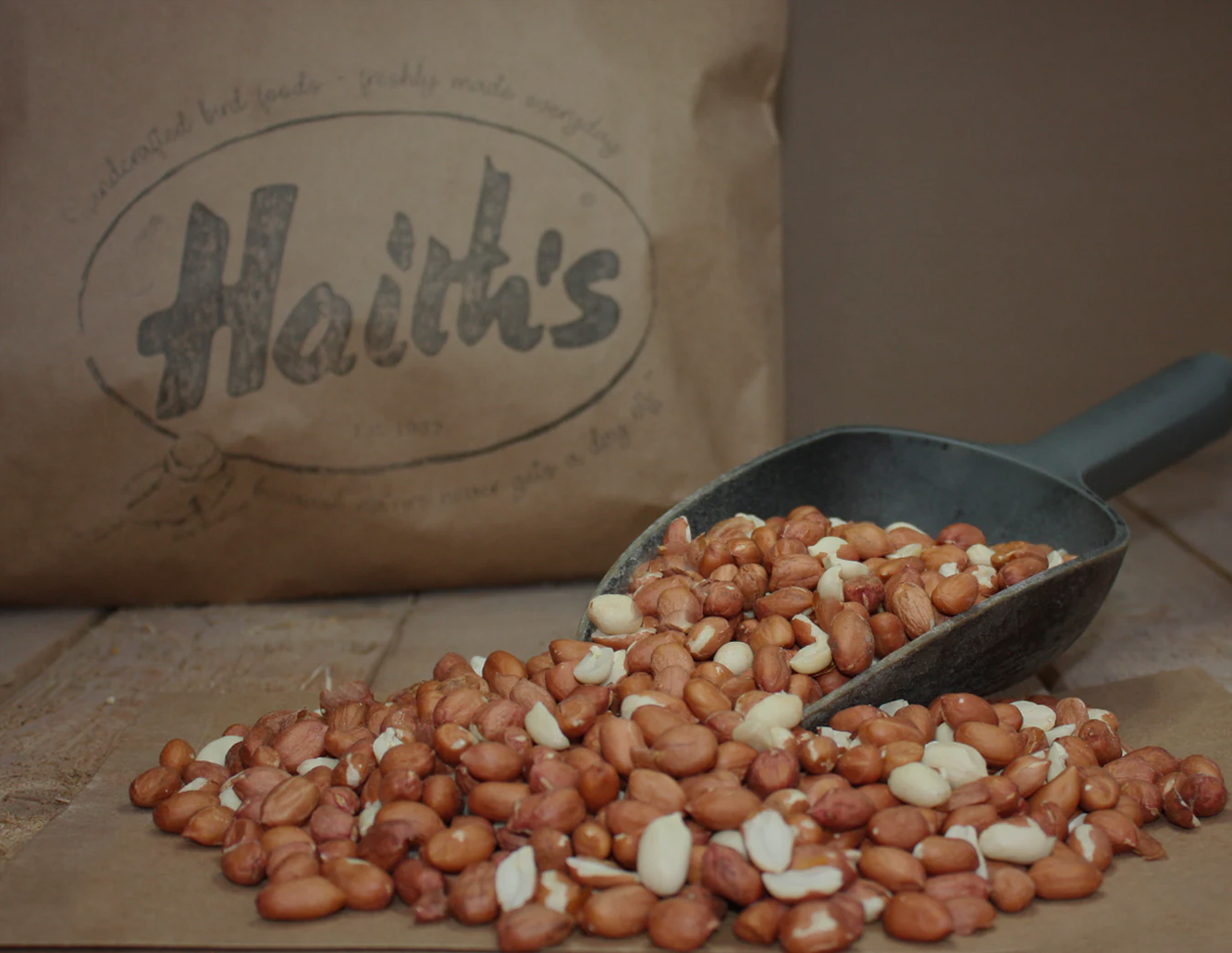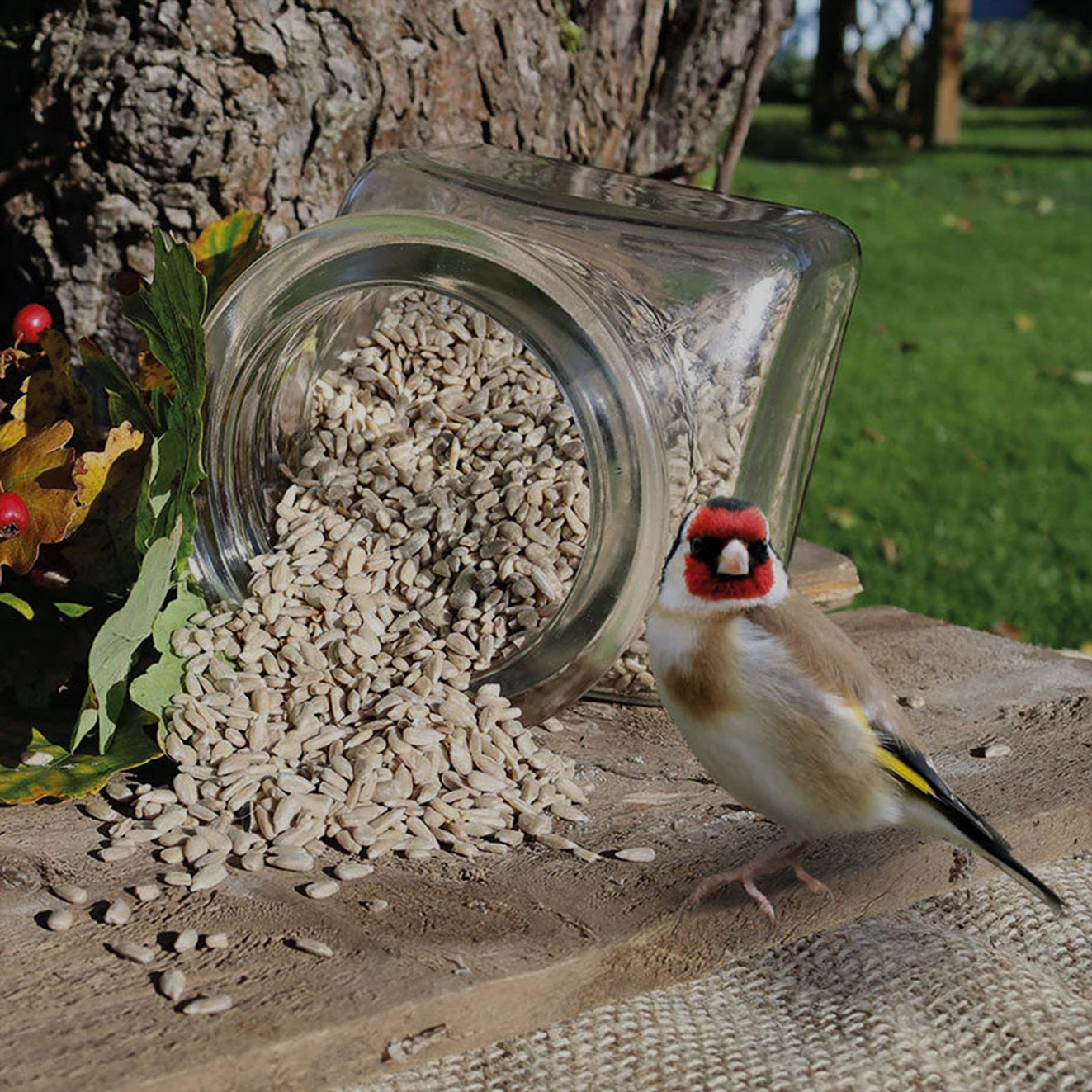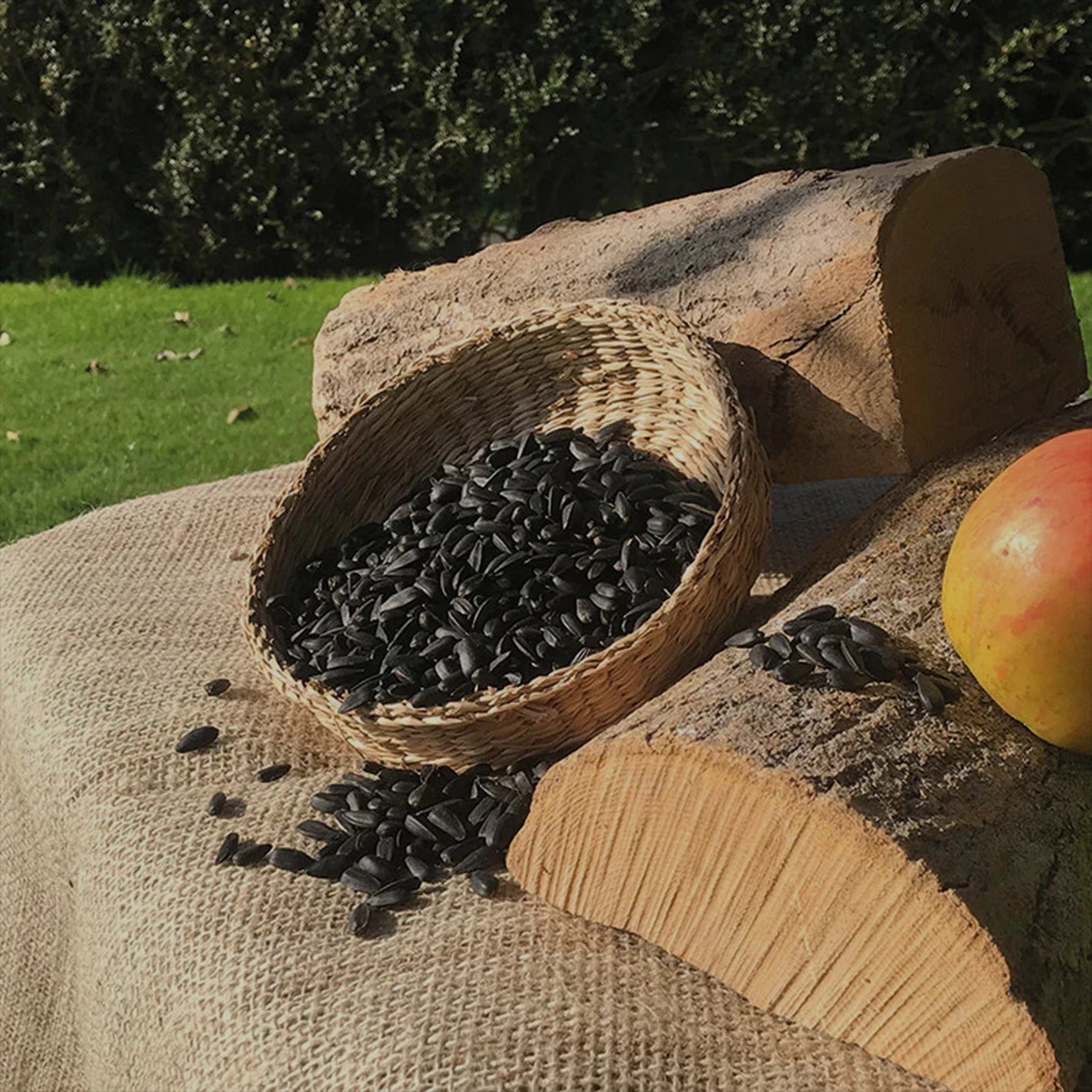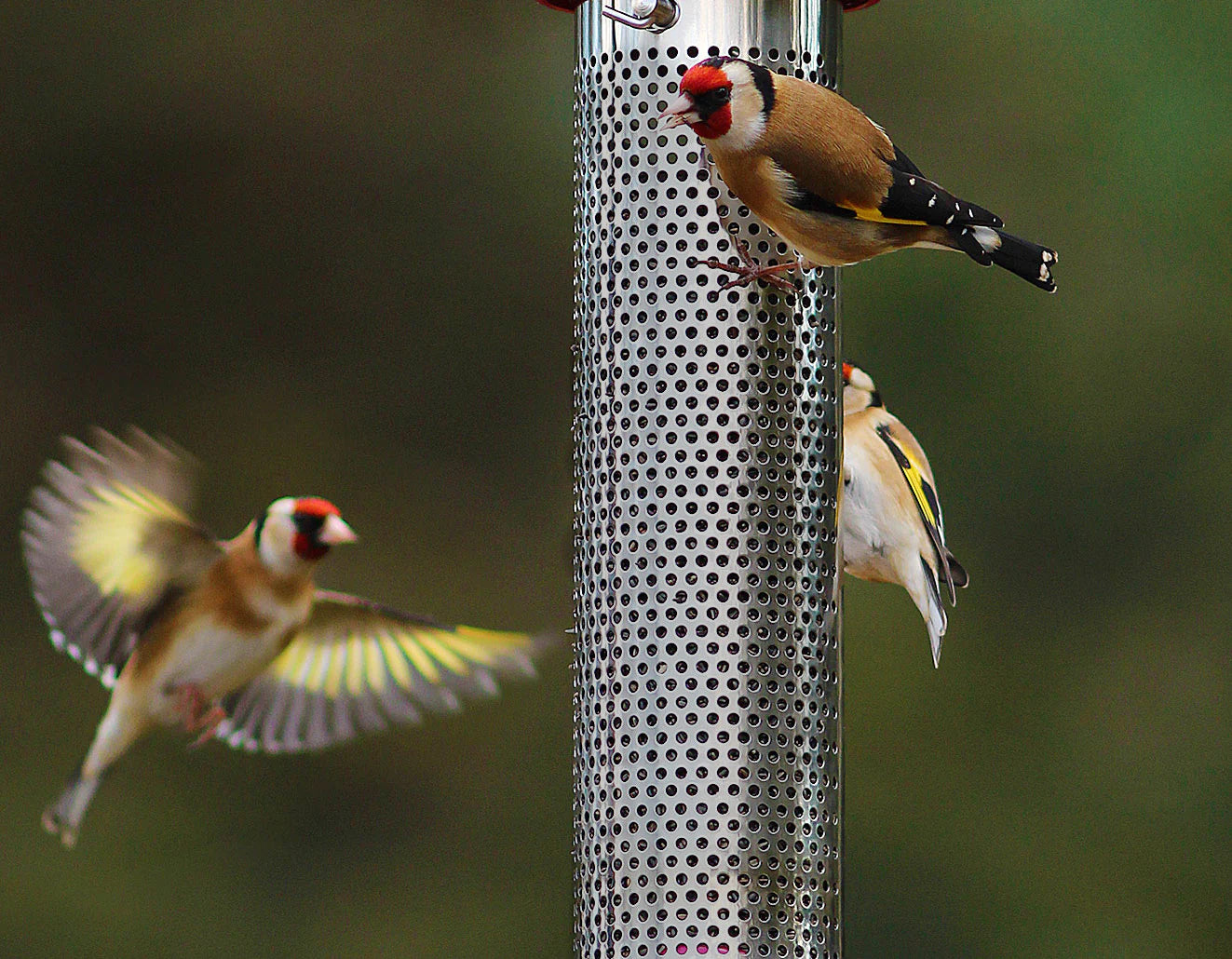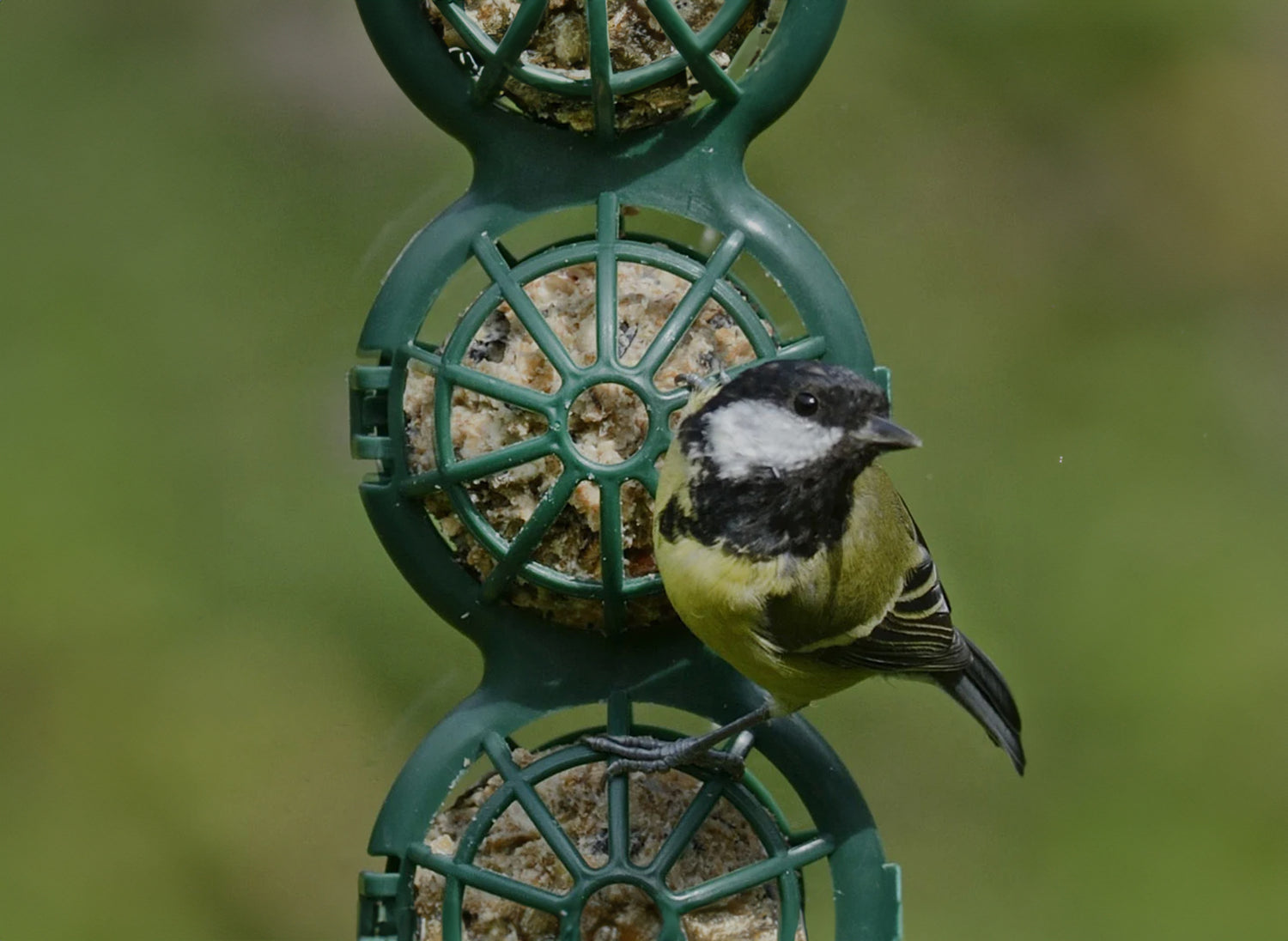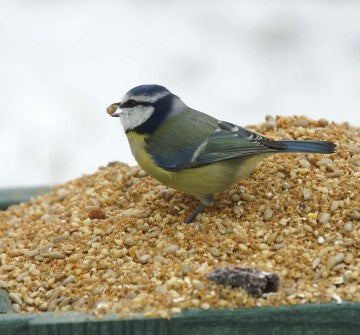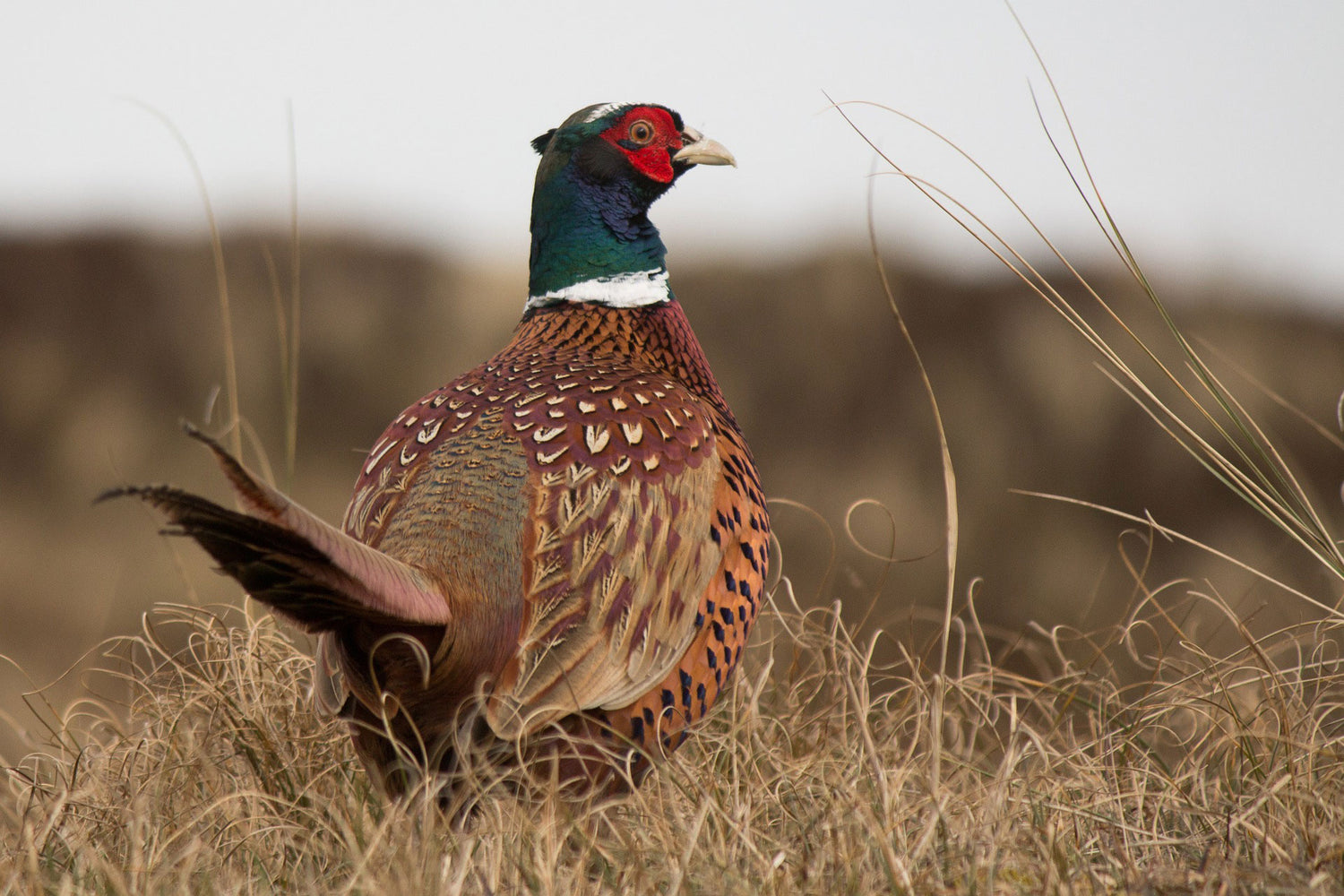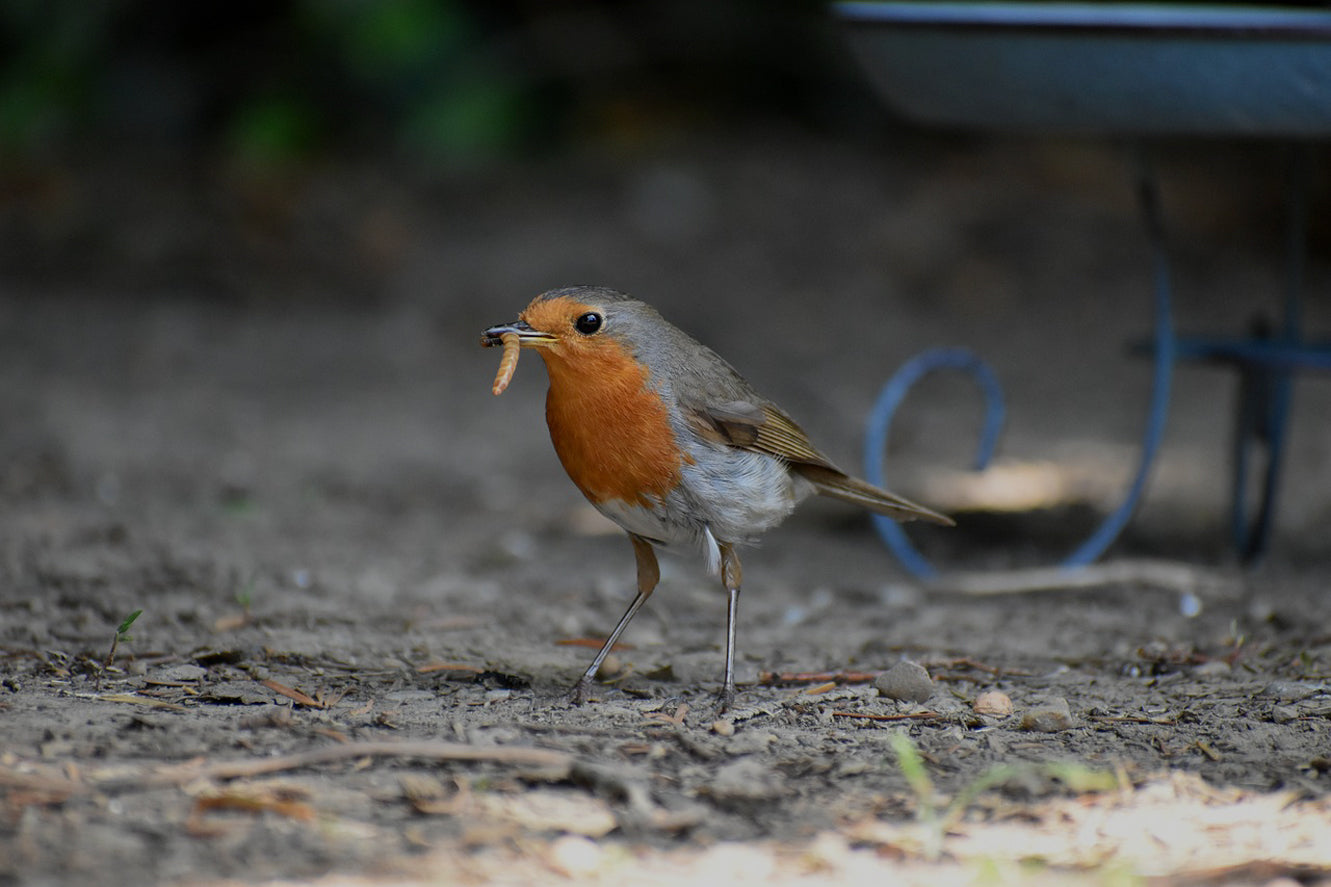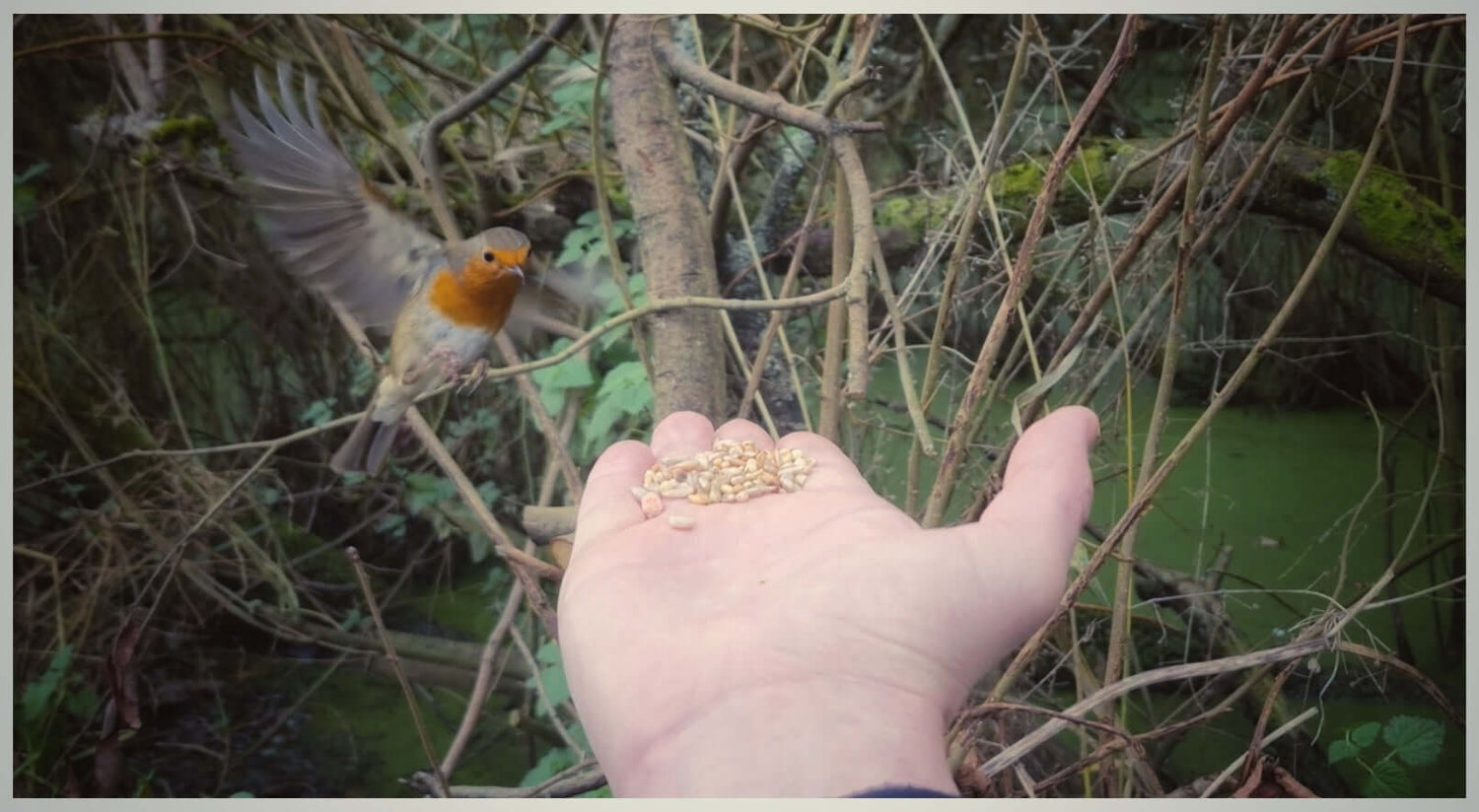Quality Bird Food, Feeders & Wildlife Supplies.
At Haith's, we supply an extensive selection of top-quality, nourishing bird foods for aviary and garden birds, alongside an array of bird feeders, nest boxes, fish food, and other wildlife supplies. We take great pride in offering premium products that promote the health of birds and enhance
the well-being of garden wildlife.
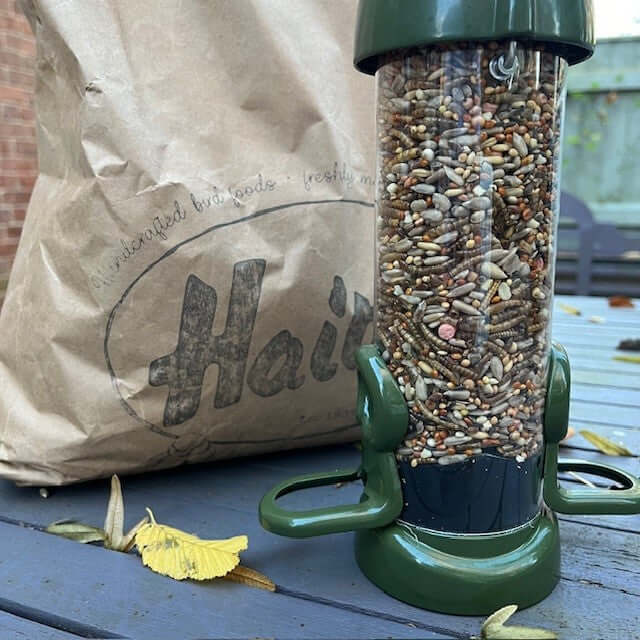
Haith’s Bird Food & Supplies - Nutrition for Nature
At Haith’s we have been crafting fresh, natural and healthy bird food since 1937. We blend it daily with the finest debris-free ingredients.
From nutritious seed mixes and pellets to delectable suet treats and mealworms, our selection caters to the diverse dietary needs of various bird species. We understand that each bird has unique preferences, so we offer an extensive assortment to suit their tastes and nutritional requirements.
We don't supply garden centres or pet shops, shop direct from us here:
Let customers speak for us
Not sure where to start?
-
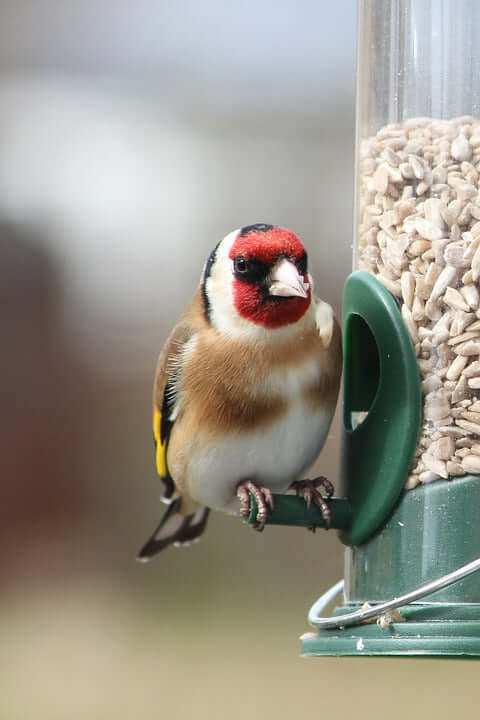
Bird Feeders
Explore our diverse collection of bird feeders, ideal for bird enthusiasts seeking to attract a variety of wild birds to your garden. Enjoy your morning coffee while observing birds at your feeder, offering the perfect way to connect with nature.
-
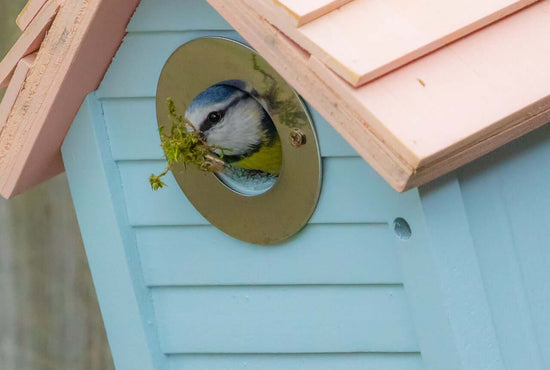
Nest Boxes
Explore our carefully designed range of nest boxes, created to offer a secure sanctuary for nesting birds. Provide birds with an inviting shelter and attract a greater variety of feathered visitors to your garden.
-
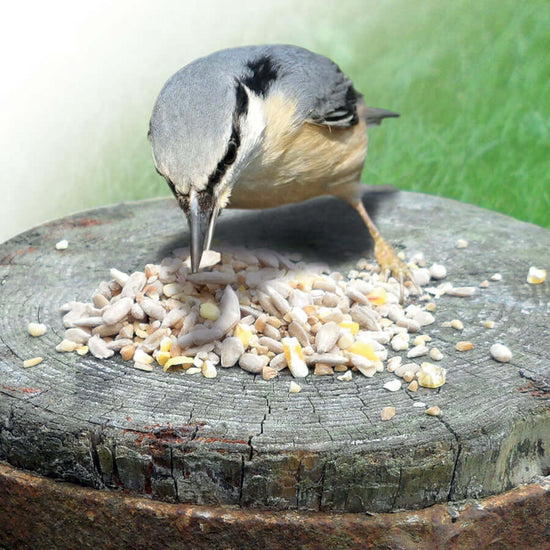
Most Popular
Take a look at our most popular garden bird supplies:
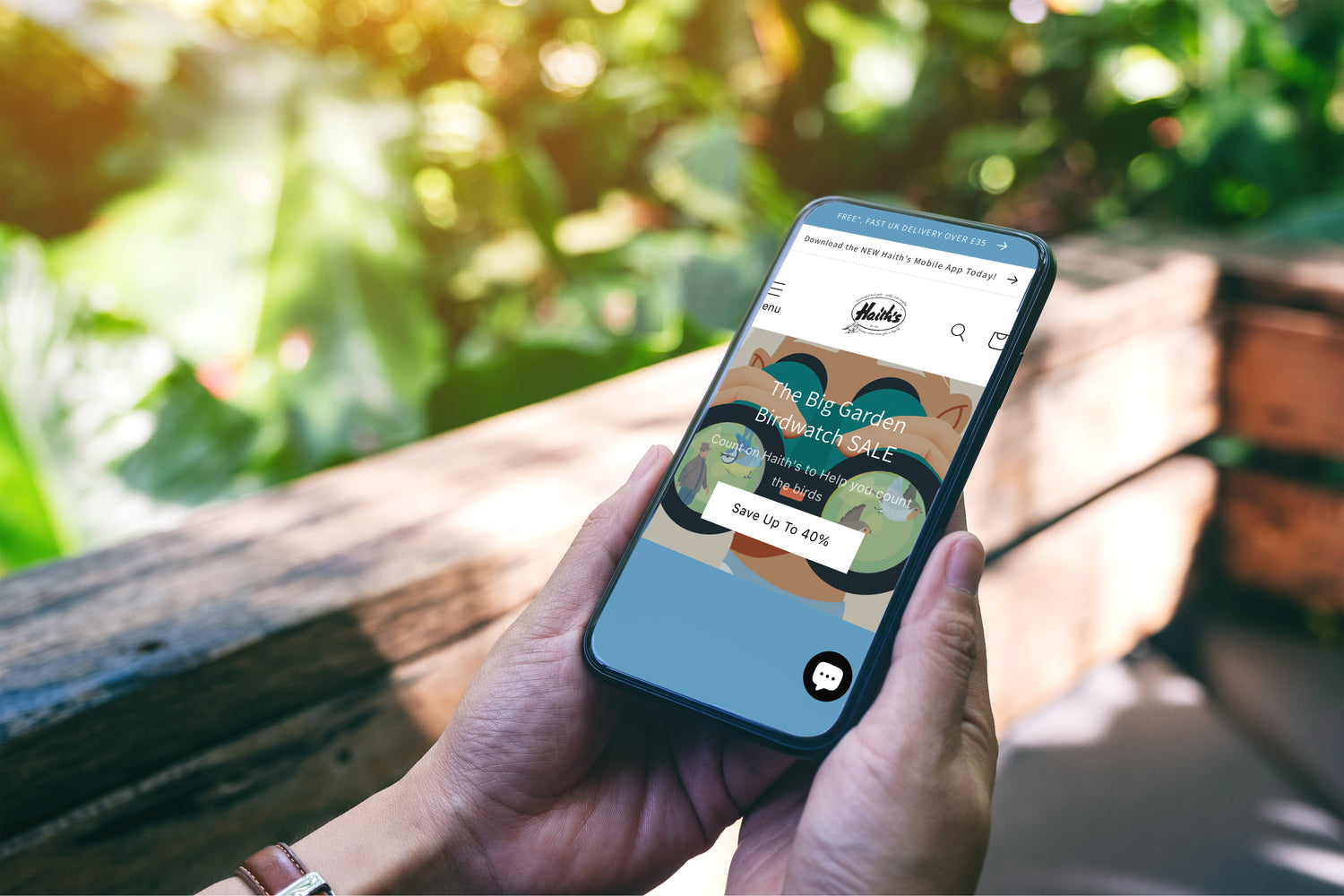
Download the Haith's Bird Food App
Buy bird food on the go - direct from Haith's, the bird diet specialist.
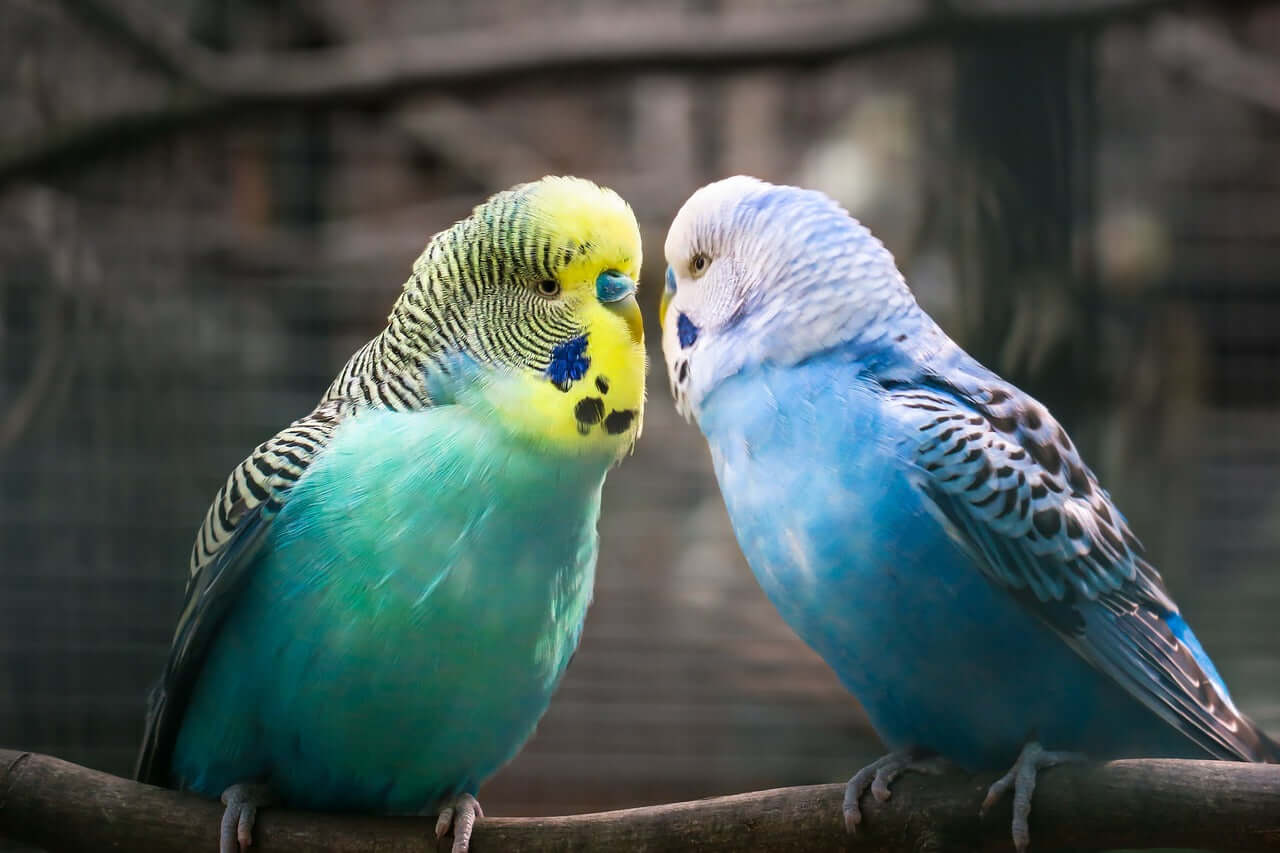
Cage and Aviary Birds
We have over 80 years of bird seed expertise for responsible bird-keepers. Browse our diverse range of seed mixes that cater to the needs of both seasoned bird keepers and passionate pet enthusiasts. Whether you care for budgies, canaries, British and foreign species, or more exotic parrots and parrot-like cage birds as companions, our seed mixes are meticulously crafted to meet their specific requirements.
Why choose Haith's?
-
Quality products
Our bird food and bird seed ingredients, and bird feeders are carefully sourced from trusted suppliers who prioritise quality and sustainability. Rigorous testing ensures that our products meet the highest standards, providing optimal nutrition for your feathered friends.
-
The Pioneers of Soft Bird Foods
Our soft bird foods are a breed apart from our extensive collection of bird seed mixes. As the name suggests, these exceptional diets consist of soft, nutritious, and natural ingredients. Packed with uncommon elements rarely found in ordinary wild bird food, they provide a rich and beneficial experience for your avian companions.
-
Competitive Prices
We understand the importance of affordability. That's why our Cheap Bird Food collection offers excellent value for money without compromising on quality. Enjoy feeding and attracting birds to your garden without breaking the bank.
-
Expert Advice
Our team of knowledgeable bird enthusiasts is available to provide guidance and assistance. Whether you're a seasoned birdwatcher or a beginner, we're here to answer your questions and help you make informed choices.
-
Fast and Reliable Delivery
We strive to provide a seamless shopping experience. With our efficient delivery service, your bird food and feeders will be delivered to your doorstep promptly, ensuring your birds never go hungry.
-
Reviews
We take pride in providing the freshest and healthiest bird and wildlife supplies in the UK. But don't just take our word for it – read the glowing reviews from our satisfied online customers.
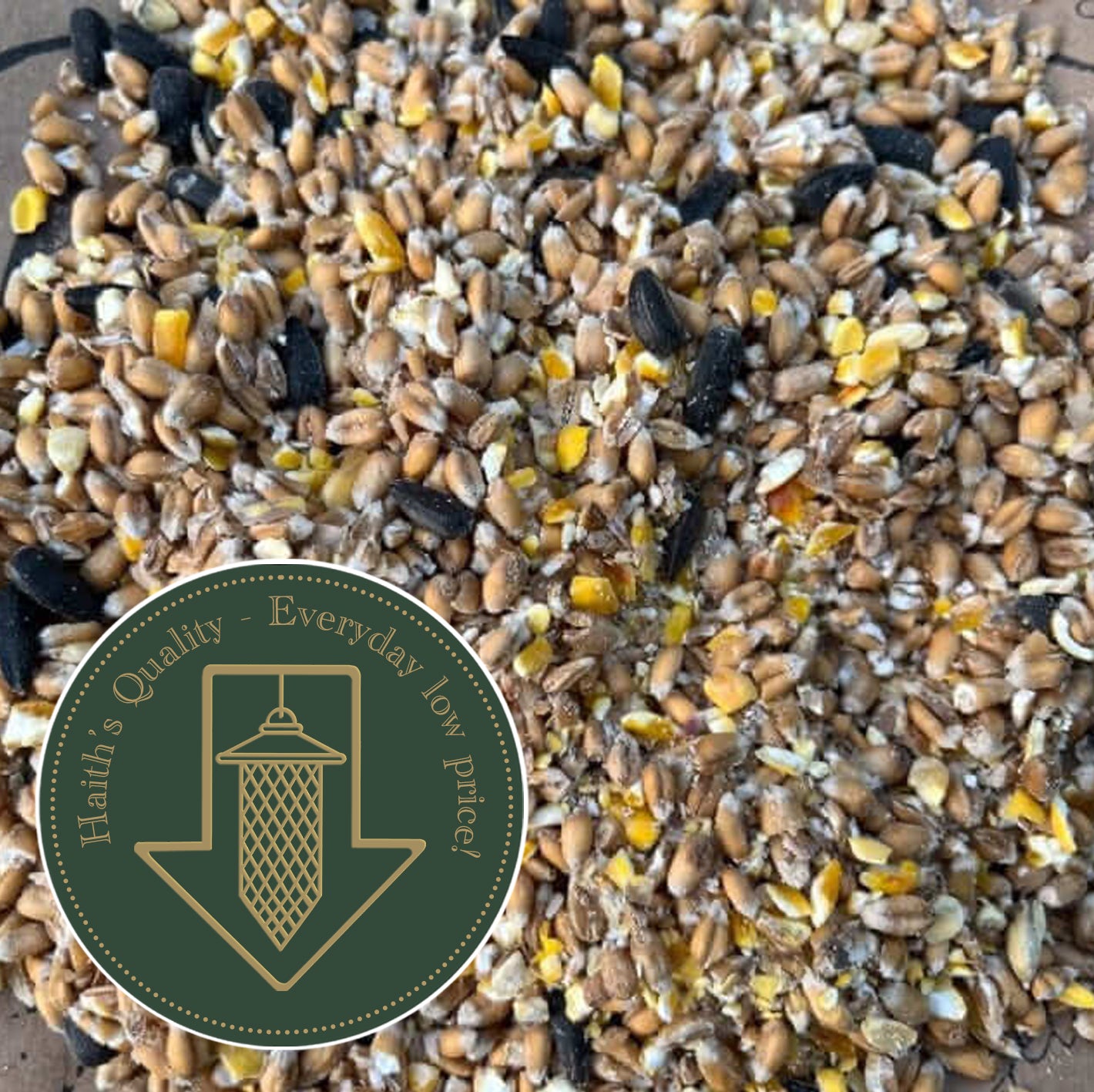
Special Offers
Bird Food from just £1.12 a KG! Watch the birds not the pennies (*based on 25.1kg Cheap 'n' Cheerful).
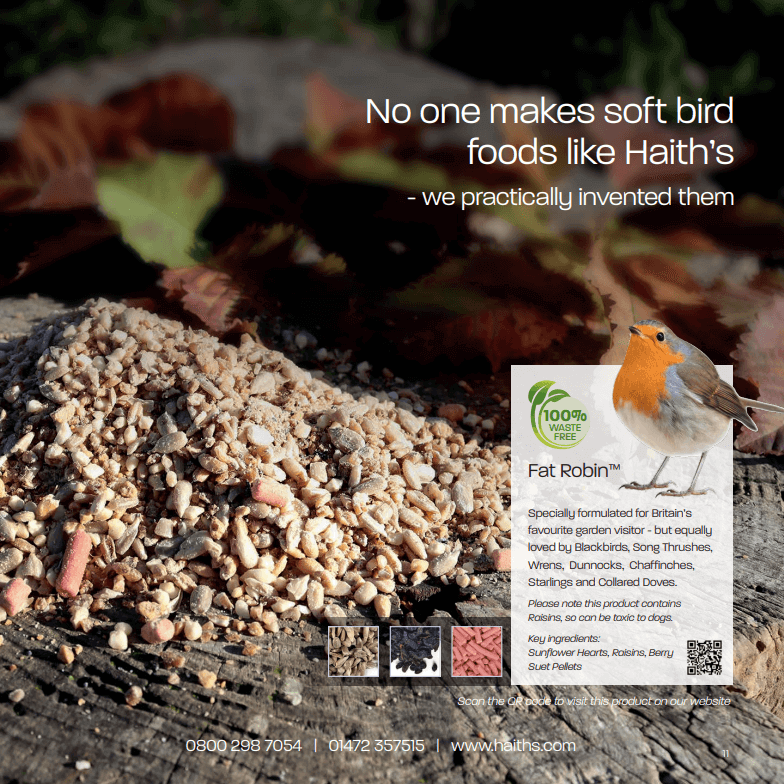
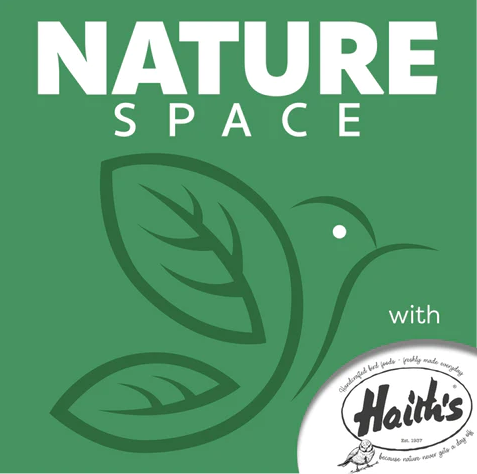
NEW Resources
Discover more about nature as a family - download FREE nature education PDFs to colour with the kids and see if you can uncover some of nature's secrets with Goldie & Jett as guides. Good luck!
PS. We have three levels of Wordsearches - there's something for every member of the family.
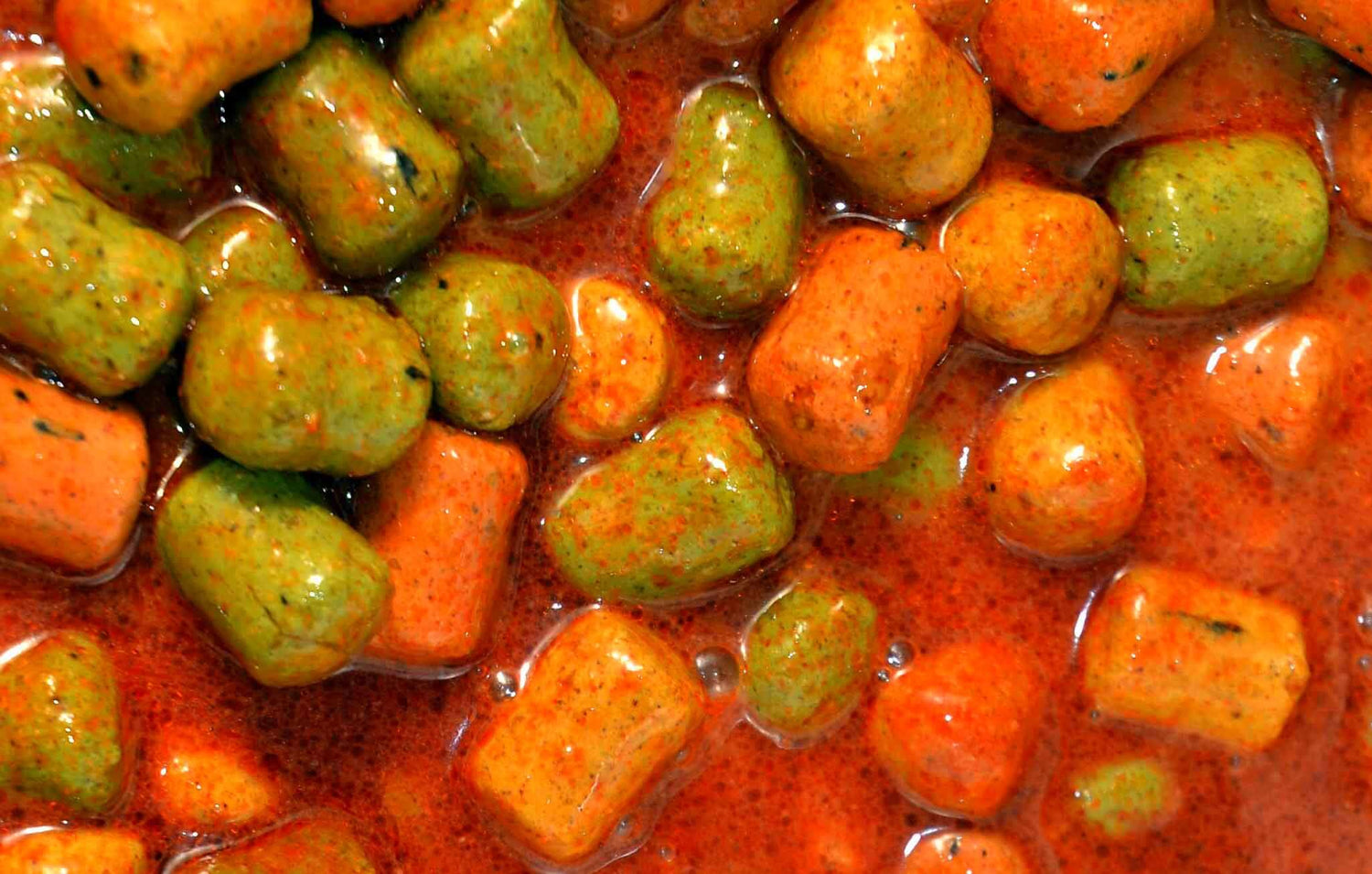
Bird Food Ingredients for Fishing.
Browse and buy Haith's bird foods - including the world famous Robin Red - and make your own fishing boilies (and save money), groundbaits and base mixes. To access hints, tips and free bait-making recipes and advice, read our carp fishing blog posts.

